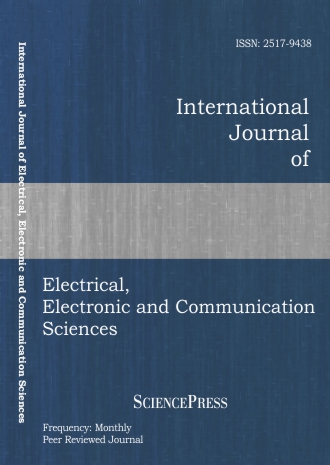
Scholarly
Volume:6, Issue: 3, 2012 Page No: 294 - 300
International Journal of Electrical, Electronic and Communication Sciences
ISSN: 2517-9438
1916 Downloads
Stability Issues on an Implemented All-Pass Filter Circuitry
The so-called all-pass filter circuits are commonly used in the field of signal processing, control and measurement. Being connected to capacitive loads, these circuits tend to loose their stability; therefore the elaborate analysis of their dynamic behavior is necessary. The compensation methods intending to increase the stability of such circuits are discussed in this paper, including the socalled lead-lag compensation technique being treated in detail. For the dynamic modeling, a two-port network model of the all-pass filter is being derived. The results of the model analysis show, that effective lead-lag compensation can be achieved, alone by the optimization of the circuit parameters; therefore the application of additional electric components are not needed to fulfill the stability requirement.
Authors:
References:
[1] Paul R. Gray and Robert G. Meyer, Analysis and Design of Analog